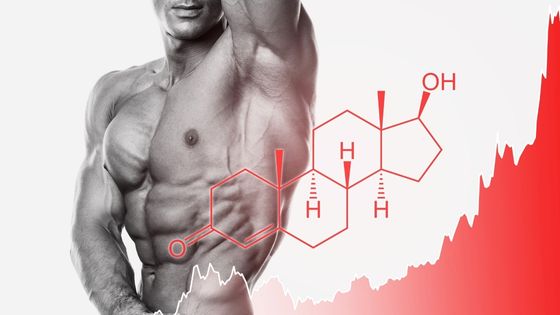Testosterone is a vital male sex hormone that is responsible for developing male attributes. Females also have testosterone hormone but in a very small amount as compared to males. The body starts producing testosterone about seven weeks after conception. The level of testosterone hormone increases during puberty and at the peak level around late teens. After that age, the testosterone level starts decreasing. After the age of 30, getting a dip in testosterone level is normal. In most men, the body produces enough testosterone. But sometimes the body may not produce enough testosterone which can lead to hypogonadism. This condition can be treated with hormonal therapy. You can visit a doctor and get a low T treatment Connecticut. Testosterone is vital for the reproductive system and sexual activities. It is also essential for bone density and muscle mass.

Testosterone production in the body
The endocrine system has glands that produce hormones. The hypothalamus tells the testosterone requirement in the body to your pituitary glands. The pituitary gland sends a message to the testicles where the testosterone produces. Testicles produce most of the testosterone whereas some amount is also produced by adrenal glands. In women, testosterone is produced by adrenal glands and ovaries. In boys, testosterone starts working to form male genitals months before birth. During puberty, this hormone is responsible for developing male attributes like a beard, a deeper voice, and body hair. Testosterone also promotes the sex drive and muscle mass.
Biological effects of testosterone hormone
Reproductive system
After seven weeks of conception, this hormone starts forming male genitals. When the boy reaches puberty, testosterone promotes testicles and the penis grows. The testicles produce a good amount of testosterone that results in a good sperm count. If a man has a low testosterone count, he may experience ED. Certain testosterone therapies are available to maintain the T level. But long-term testosterone therapy may decrease sperm production.
Sexuality
During puberty, testosterone level increases which help in testicles and penis growth. Along with this, testosterone also takes part in muscle mass and bone density. You can see body hair and pubic hair growth in puberty. Testosterone also manages or grows sexual desire. Testosterone level increases due to sexual stimulations. If a man has a low testosterone level, he may lose his sexual desire.
Central Nervous System
Your body has a complete system to control testosterone. It sends messages via hormones and chemicals released in the bloodstream. Hypothalamus is a part of the brain that tells your pituitary gland about the testosterone requirement of the body. Once the pituitary receives the message, it releases testosterone. This hormone plays a crucial role in maintaining behavior like aggression and dominance. Testosterone also helps in boosting self-esteem and competitiveness. Usually, testosterone is known for improving sexual activities but it also helps in maintaining competitive activities. If a person has low T, he may feel a lack of motivation. Low T can lead to poor confidence or depression.
Muscle mass and bone density
One main job of testosterone is to develop muscle mass. This hormone increases neurotransmitters that aid tissue growth. Testosterone interacts with DNA receptors and leads to protein synthesis. A Higher testosterone level means better physical growth. This hormone works to increase bone density. It tells the bone marrow to produce RBC. Men with low T have weak bones and are prone to bone fractures. Testosterone also helps in fat metabolism which helps men in easy fat burning. If the testosterone level is low, the body fat increases and the person faces obesity.
Hair and skin
In men, one of the major transitions from childhood to adulthood is hair growth. Testosterone triggers the growth of hairs on the face, armpits, and genitals. It also increases hair growth in the arms, chest, and legs. When the testosterone level is low, the person may start losing body hair. To improve testosterone levels, a person can go for testosterone replacement therapy. But this therapy has a few potential side effects like acne, irritation, breast enlargement, etc.
What causes low T in men?
Low T or low testosterone is common when the man is getting old. In their 60s, around 20 percent of men have low T problems. Facing low T with age is normal. But men can also deal with low T issues in their 30s. Low T not only affects the sexual life but also affects the physical body and mental health.
Common causes of low T are:
- Testicular injury
- Certain treatments like chemotherapy or radiation cancer treatment
- Genetic conditions like Klinefelter syndrome
- Alcohol or drug abuse
- Hormone disorder
Certain medications and therapies are available for low T. However, depending on medication for a long time may cause certain side effects. A few dynamic medications are also available to treat low T. These medications are fully safe and do not cause harmful side effects.
